Andy Mossack goes to The Hague as he explores the Dutch Golden Age and also visits Dordrecht
It’s mid-afternoon and the regular high tea crowd is beginning to drift into the hallowed halls of Hotel des Indes. This historic hotel is a revered institution in these parts and has lauded its prime perch on the corner of the Lange Voorhout, The Hague’s famously elegant boulevard, for centuries.
Oh, the tales it could tell; that time when legendary actress and singer Josephine Baker booked a separate room for her pet monkey, or the famous double agent Mata Hari whispered away her secrets in the hotel bar, or perhaps how a number of Jewish citizens were saved from the Nazis by hiding in the attic.
2019 is an important year for The Netherlands, celebrating the 350th anniversary of Rembrandt’s death and the 17th century Dutch Golden Age; a period of great wealth, prosperity, art and culture.
It was a time of exploration and empire building and perhaps no better example can be found here in The Hague where its Indonesian connections exist not only in the cuisine and neighbourhoods but in the local dialect too. Dordrecht, once an all-powerful and wealthy port town, is now a shadow of its former self but still retains much of its glory days and is well worth discovering.
The Hague
The Hague (or Den Haag as it is known locally) is unlike most other Dutch cities because of its makeup. There is no tight network of canals, (just one man-made canal which rings the city), and instead of narrow cobbled streets, cue elegant wide boulevards, parks and forest, and just ten minutes away, the long sandy beaches of Scheveningen.
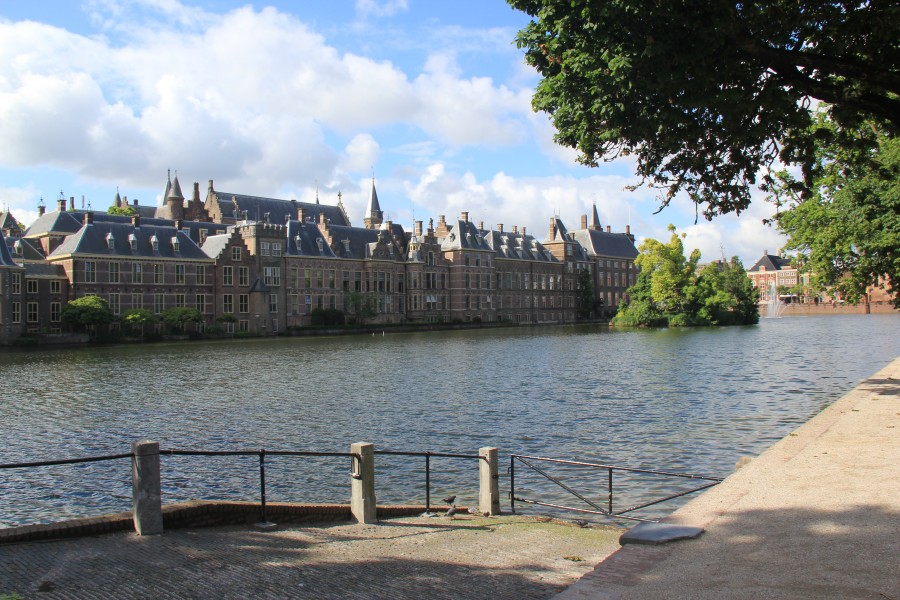
You might also expect The Hague to be a soulless place full of bureaucrats and corporate types; after all, it is the royal and political capital of The Netherlands and the home of the International Court of Justice and over 200 other government organisations. But don’t let this put you off; it’s a remarkable city, an eclectic mix of history, tradition and culture capped perhaps by The Mauritshuis an extraordinary 17th-century mansion containing Vermeer’s famous Girl with a Pearl Earring and Rembrandt’s The Anatomy Lesson to name but two. In fact, until the 15th September 2019, sixteen of Rembrandt’s masterpieces will be on display.
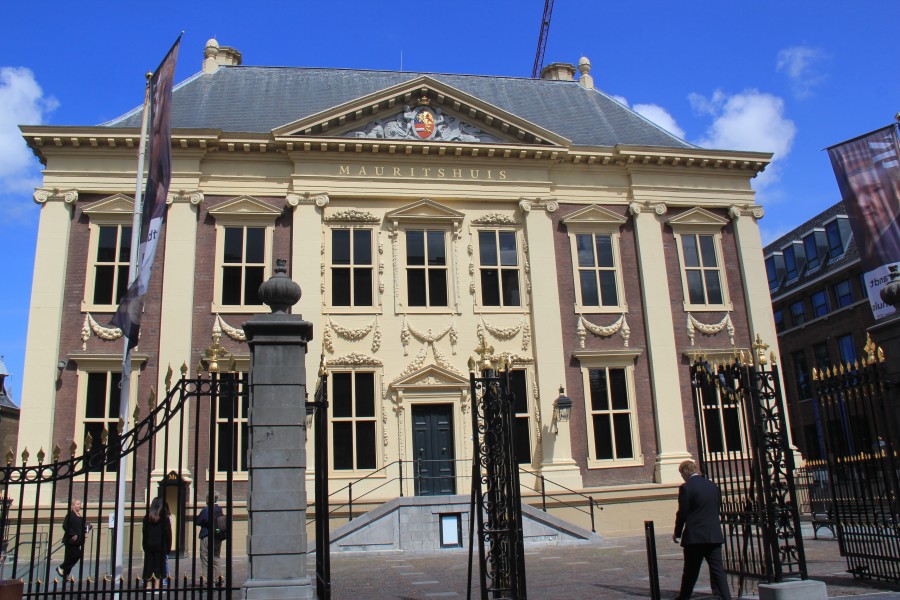
Step out of the Mauritshuis turn right through an arch, and you’re in The Binnenhof the Inner Court, with the Senate on one side and the House of representatives on the other, it is the very heart of Dutch democracy. This handsome building by the side of the Court Pond, less a pond, more like a beautiful lake, is the oldest parliament building in the world that is still in use.
Stroll across from the Pond and you’ll be in the old town, a warren of streets filled with quirky shops and those iconic brown cafes, so-called because of the cigarette smoke that once stained the walls. Perhaps a typical local snack is called for; kibbeling, small pieces of fried fish, or harinkie met uitjes, cured herring with raw onions; a Dutch staple. My own personal favourite is bitterballen small deep fried breaded balls filled with potato and veal with a mustard dip on the side.
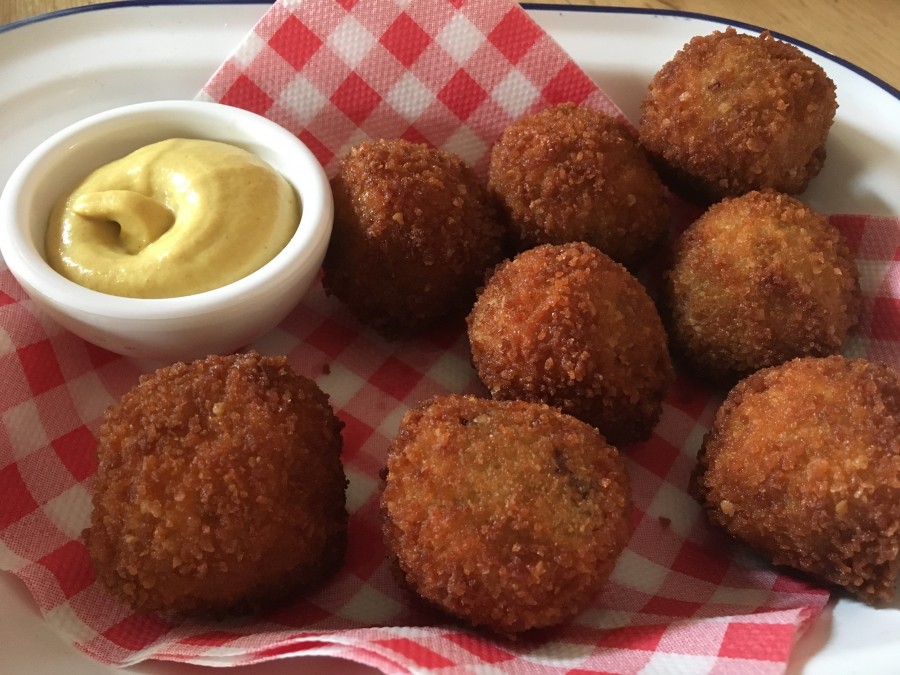
Noordeinde Street is lined with high-end stores but strolling down it you’ll find a surprise waiting for you wedged between antique shops and art galleries; The Royal Palace, where King William-Alexander has his office.
If you hire a bike or take a tram, you can enjoy a beautiful 15-minute ride through the forest to the North Sea, passing by the famous Peace Palace, the green spaces of Westbroek Park and stop at The Madurodam a miniature version of the whole of The Netherlands. When you reach the coast at Scheveningen there’s 11km of sandy beach, rows and rows of hip beach bars with cool music and fire pits and the recently renovated historic pier and Ferris wheel. If WW2 is your thing there’s a grim reminder that Scheveningen was the headquarters of Hitler’s Atlantic Wall Defence and at the Atlantikwall Museum, you can tour original German war bunkers.
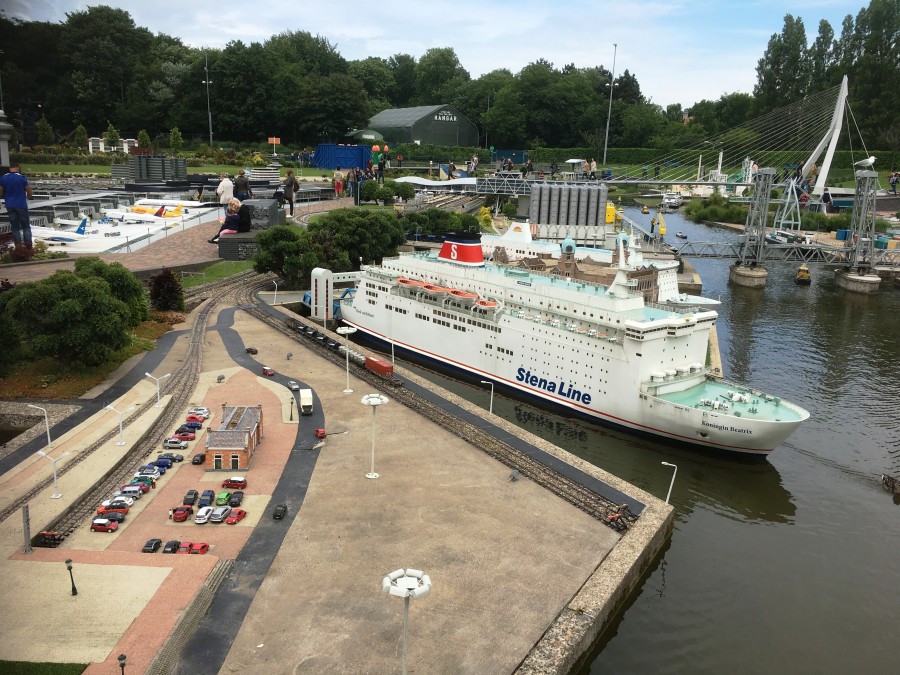
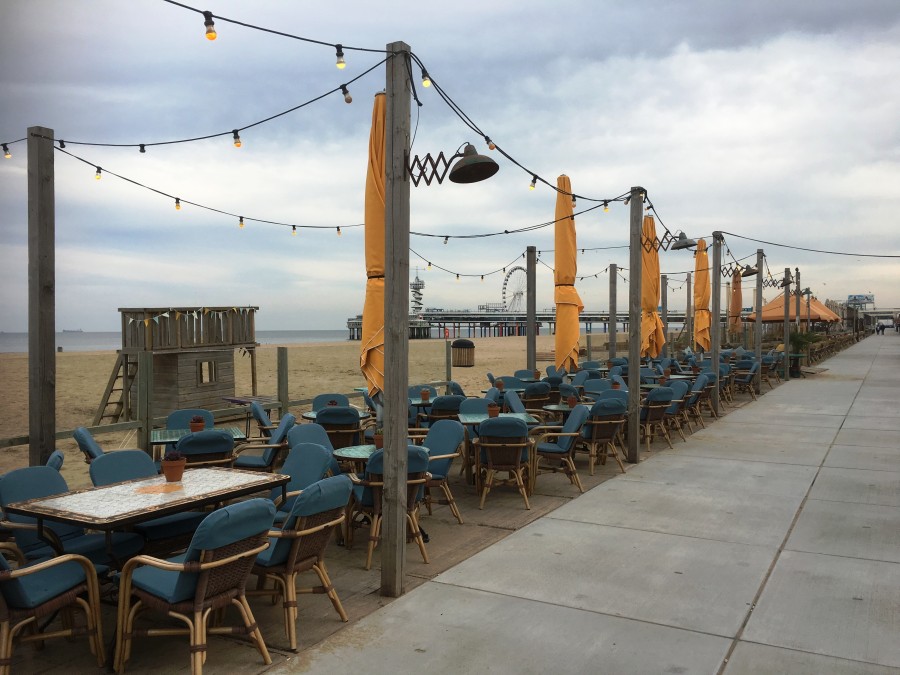
Back in The Hague, there is an impressive food scene with plenty of exciting new chefs weaving culinary magic. Restaurant Oogst is an excellent example. Owned by chef Marcel van der Kleijn it is not as pricey as its Michelin –starred sister Calla’s but the food quality is excellent. Oogst means harvest, so the menu relies on sustainable and seasonal ingredients and local butchers and fishmongers.
Another quite different example is Zheng a new restaurant in the now fashionable district of Hofkwartier . Owned and run by husband and wife team Han and Ting Ji, they transformed their Michelin-starred restaurant HanTing Cuisine into a much less formal celebration of Imperial Chinese banquets. The 10-course banquet is a contemporary and delicious take on the ancient tradition.
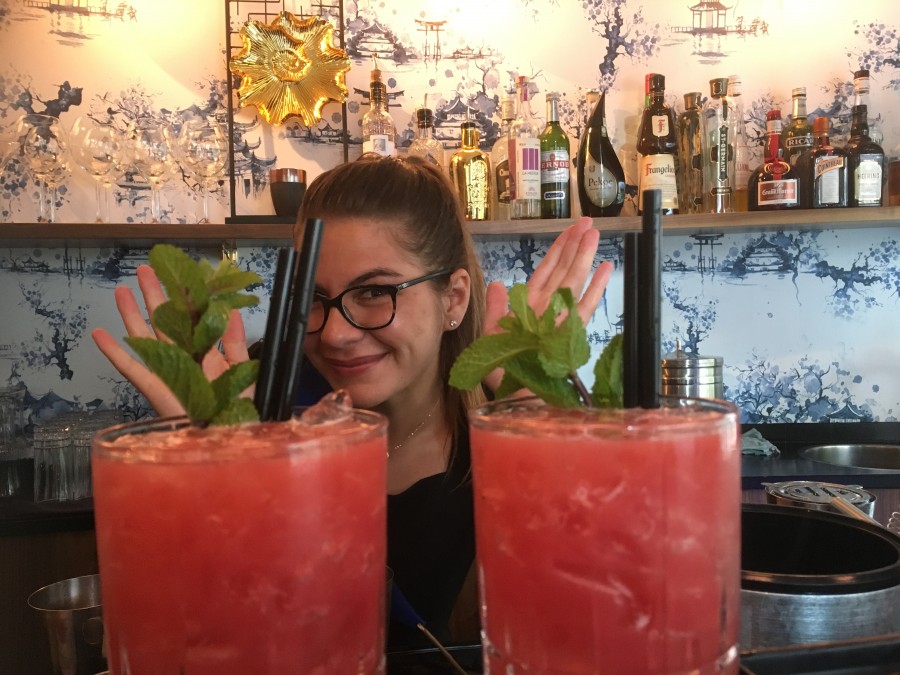
Dordrecht
During the Dutch Golden Age, Dordrecht was the most important port city in The Netherlands because of its strategic position at the crossroads of vital trade rivers and the sea. It also had city and staple rights which meant every trading ship had to dock there for a minimum of three days, unload all its goods and allow the city merchants to get first dibs on the cargo. That cargo being fine wines, wood and cereals. There is still a wine street here today, but the importance of the city disappeared when, during a major flood, Dordrecht became a marooned island and the floodwater opened up access to nearby Rotterdam who benefited instead.
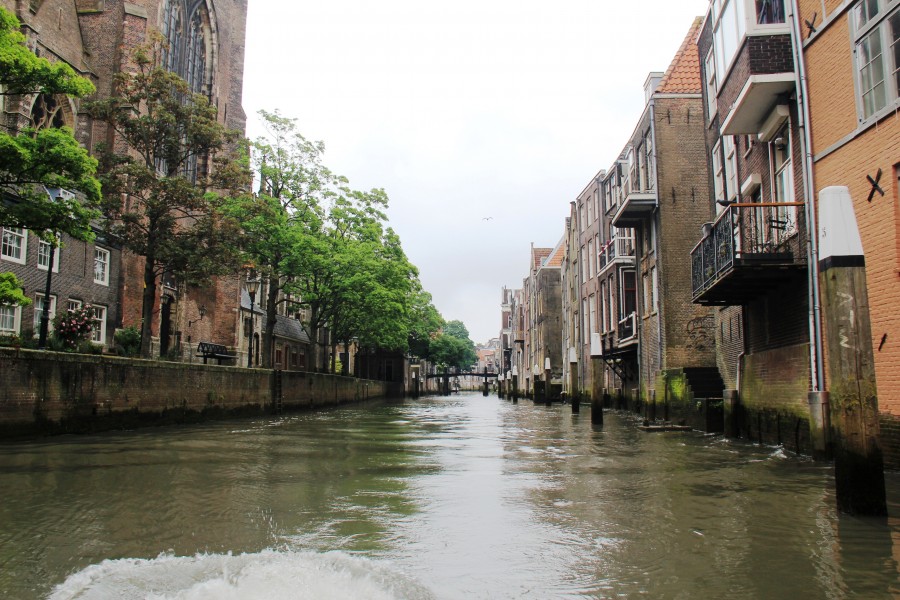
These days Dordrecht is a town that is overlooked by so many tourists simply because they know very little about it even though it is a lot easier to reach. Its canals are very peaceful, there is very little traffic allowed in the centre, and it is a charming and fascinating place to explore.
To get a feel for it, take a guided tour of its canals and the mighty Oude Maas river, which leads directly to The Rhine. There is a regular river cruise, but better still take a private tour courtesy of the Barone Brothers, Elio and Sirio whose Venetian parents gave them the inspiration and the means to create a small fleet of Venetian style water taxis. Seeing the city from the water offers a very different perspective and with a private skipper giving you the history is even better.
I get dropped off by a bar called Finn’s, a recommendation by the skipper to feed my bitterballen fix. It didn’t disappoint
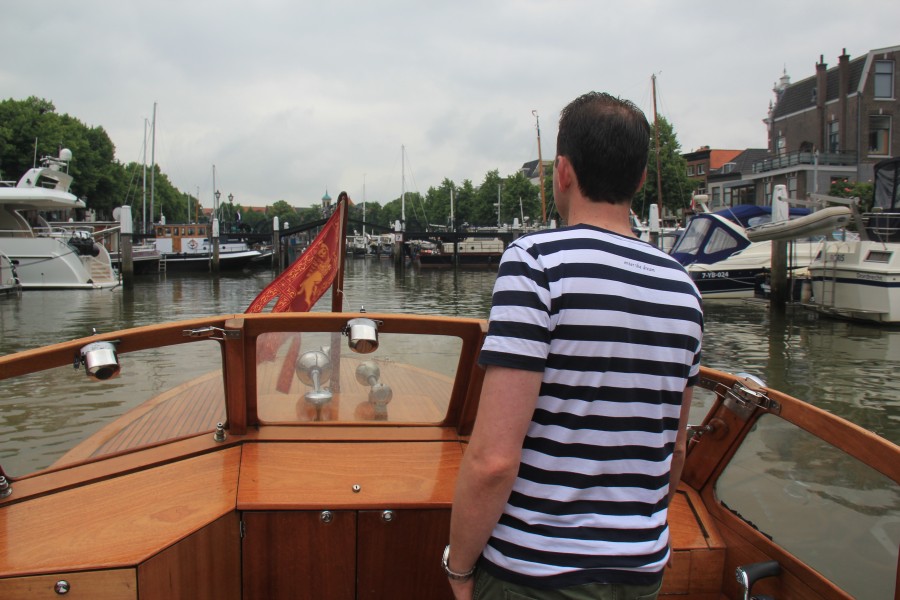 .
.
The old town centre is dominated by the medieval Grote Kerk Protestant church, the 65-metre tower that remains unfinished to this day. It’s the town’s landmark, spotted from just about anywhere in town and must have made quite an impression on any approaching seafarer.
It’s an easy stroll around the old town; the tall elegant merchant houses lining the canals are more glimpses of its glorious trading past.
The most impressive museum here has to be the Dortrechts Museum; founded in 1842 it houses an enviable collection from Dutch artists stretching back 600 years. The jewel in the crown has to be the work of Golden Age artist and Dordrecht-born Aelbert Cuyp, whose skill with landscapes inspired so many great painters including Constable and Turner.
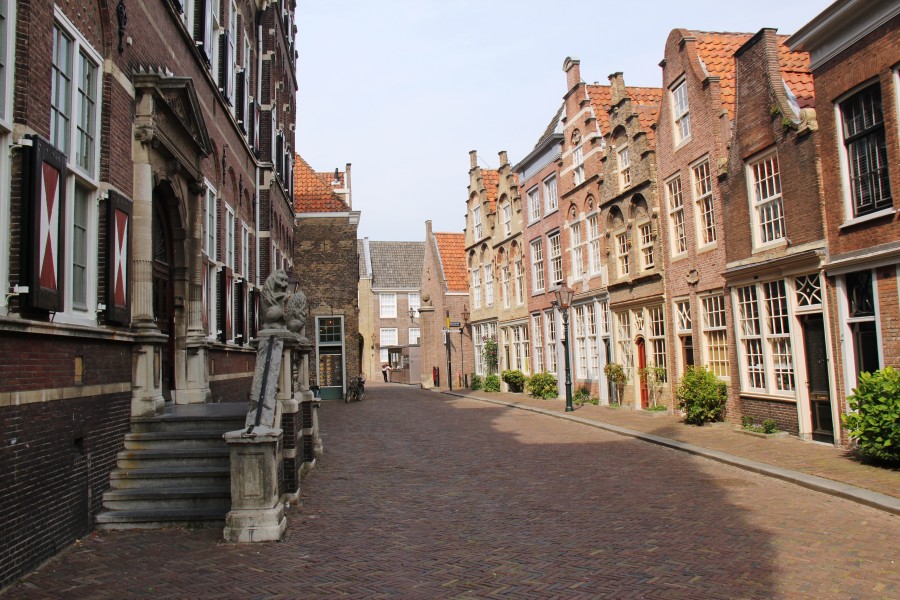
Tucked away on a quiet street is another historical find; the Rutte distillery. A family business stretching back 150 years, now owned by De Kuyper and led by Master Distiller Myriam Hendrickx. Rutte specialises in botanical spirits and Myriam shows me founder Simon Rutte’s hand-written recipes where local herbs and exotic fruits and spices from the Duch East Indies became the staple ingredients for his original Genever, essentially the forerunner to today’s gin.
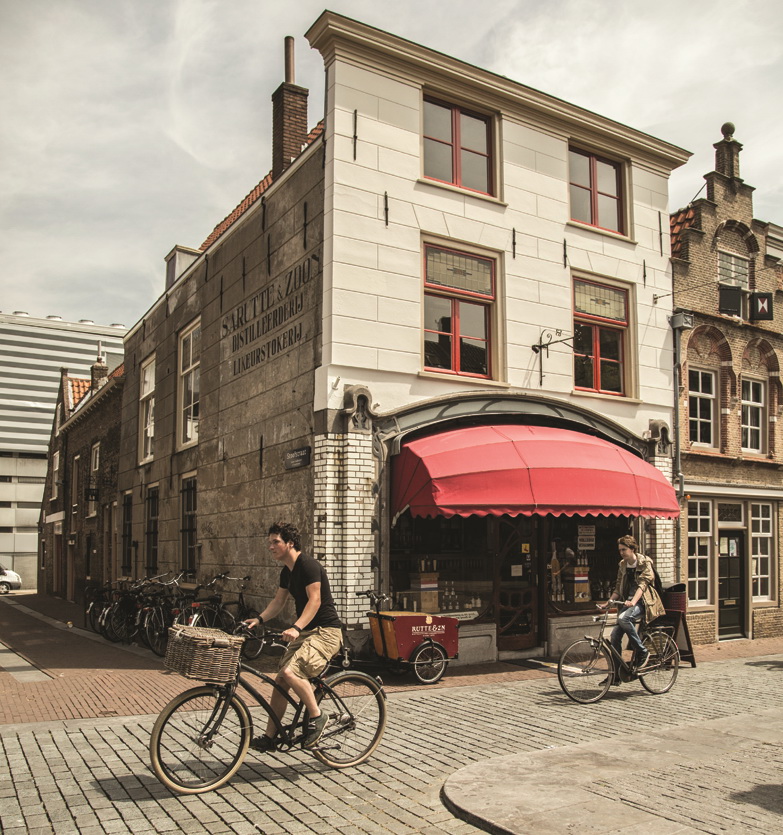
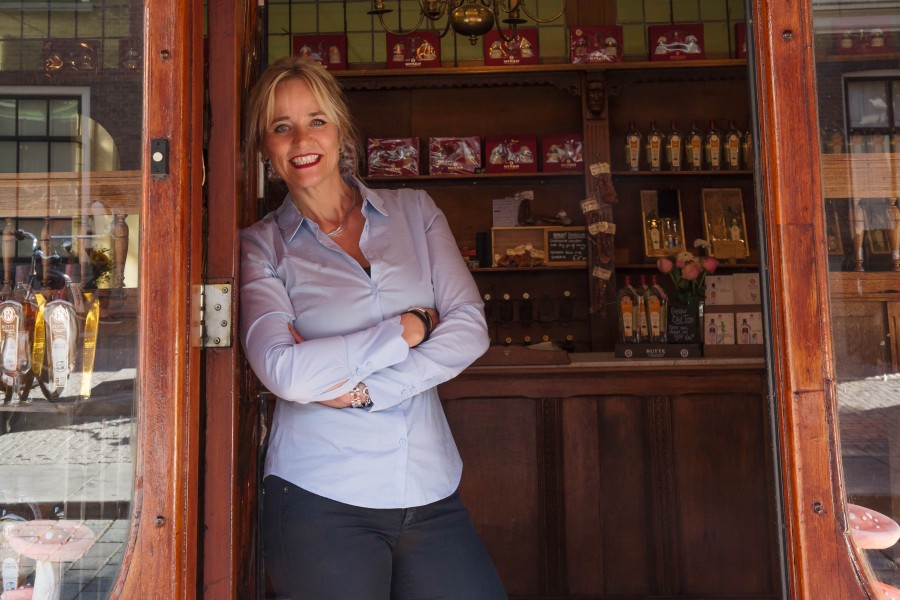
Rutte’s original still remains at the heart of the business, in the small back room where it was built, and continues to produce very fine spirits. Old Simon Genever is still a popular brand but now it forms part of a very impressive collection of premium products that remain ever-faithful to Simon Rutte’s commitment to using natural ingredients. It’s a growing product family and Myriam reveals some of her own examples still under test. I think Mr Rutte would approve.
All images except Myriam (c) Andy Mossack
Tell me more about The Hague and Dordrecht
Please visit the Dutch Tourist Board for more information on exploring the Dutch Golden Age towns and cities. The Hague Marketing Bureau
Hotel Des Indes Lange Voorhout 54-56, 2514 EG The Hague, The Netherlands
Get the very best rates for Hotel Des Indes here.
T +31 (0)70 3612345
Venetian taxi private canal tours
E: info@ibarone.nl T: +31 06 48467640
Eurostar runs regular direct services to Rotterdam from London St. Pancras.

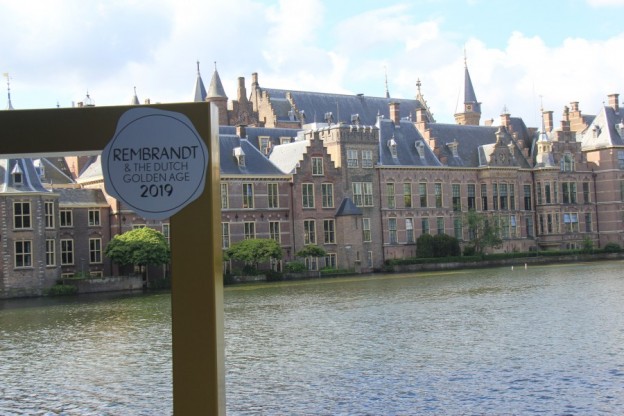
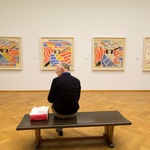
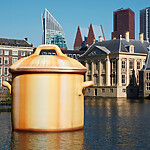
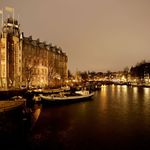
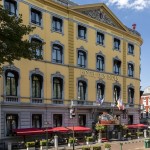

both The hague and Dordrecht are beautiful city’s. I have recently been to the Netherlands and Dordrecht was by far my favorite city! So much culture and pretty buildings.
Hey Jack, glad you agree with me. Did you stay at the Villa Augustus by any chance? Extraordinary place!
Dordrecht have harbors no canals
Hi Wourter, yes it has a large harbour, but I spent a few hours sailing along some back canals behind the church.